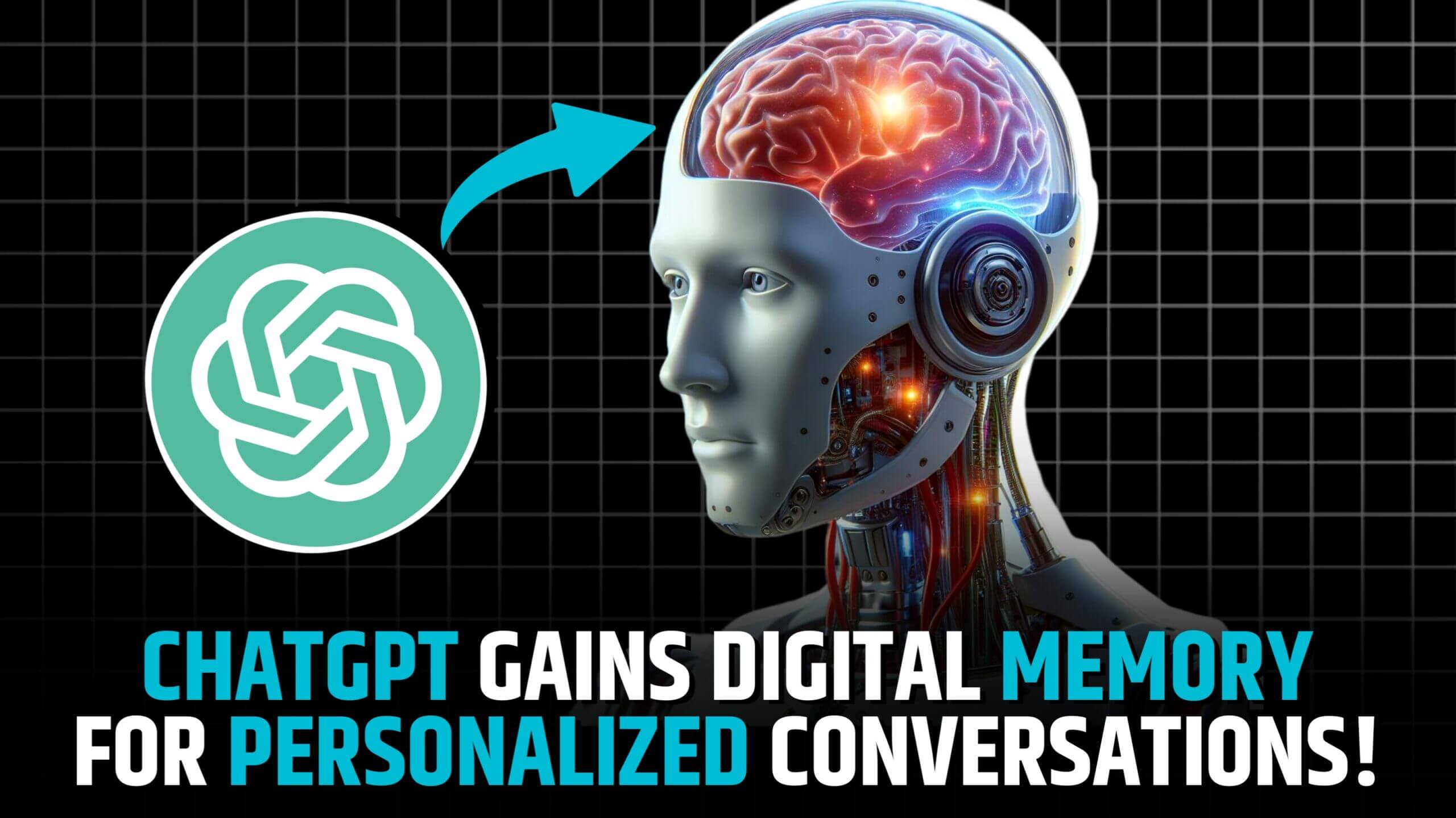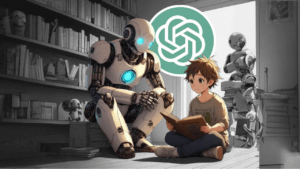OpenAI, the research lab behind the popular chatbot ChatGPT, is taking its AI assistant to the next level with the introduction of a new feature called “memory.” This exciting development allows ChatGPT to learn and remember information from past interactions, paving the way for more personalized and engaging conversations.
Imagine chatting with a virtual assistant who remembers your favorite coffee shop, movie genre, or preferred meeting style. With memory, ChatGPT can do just that. By storing and accessing details gleaned from previous interactions, the AI can tailor its responses to your specific needs and preferences. This means no more repeating the same information or receiving generic responses that don’t quite hit the mark.
We’re testing ChatGPT’s ability to remember things you discuss to make future chats more helpful.
This feature is being rolled out to a small portion of Free and Plus users, and it’s easy to turn on or off. https://t.co/1Tv355oa7V pic.twitter.com/BsFinBSTbs
— OpenAI (@OpenAI) February 13, 2024
However, OpenAI emphasizes that ChatGPT’s memory doesn’t work like a human’s. Rather than attaching memories to specific conversations, it dynamically adapts to the current interaction, drawing on relevant information from your past exchanges. This ensures that the conversation flows naturally and doesn’t become bogged down by irrelevant details.
Privacy is paramount, and OpenAI understands that. Users have complete control over the memory feature. They can choose to turn it off entirely, selectively delete specific memories, or simply view what information is stored. This ensures transparency and empowers users to manage their data and interaction experience.
The incorporation of memory marks a significant step towards making AI interactions more human-like. By remembering and leveraging past information, ChatGPT can deliver personalized responses that are not only accurate but also contextually relevant. This fosters a more engaging and informative experience for users, potentially revolutionizing the way we interact with AI assistants.
Also Read OpenAI Introduces Sora, Its All New Text To Video AI Model
The potential applications of this technology extend far beyond casual conversations. Businesses can leverage ChatGPT’s enhanced memory to provide personalized customer service, recommend relevant products, and build stronger relationships with their clients. Healthcare professionals can utilize it to tailor educational materials to individual patients, while educators can personalize learning experiences for each student.
While currently in a testing phase, the “memory” feature holds immense promise for the future of AI interactions. As OpenAI continues to refine and develop this technology, we can expect even more personalized, engaging, and impactful experiences from our interactions with virtual assistants like ChatGPT.




